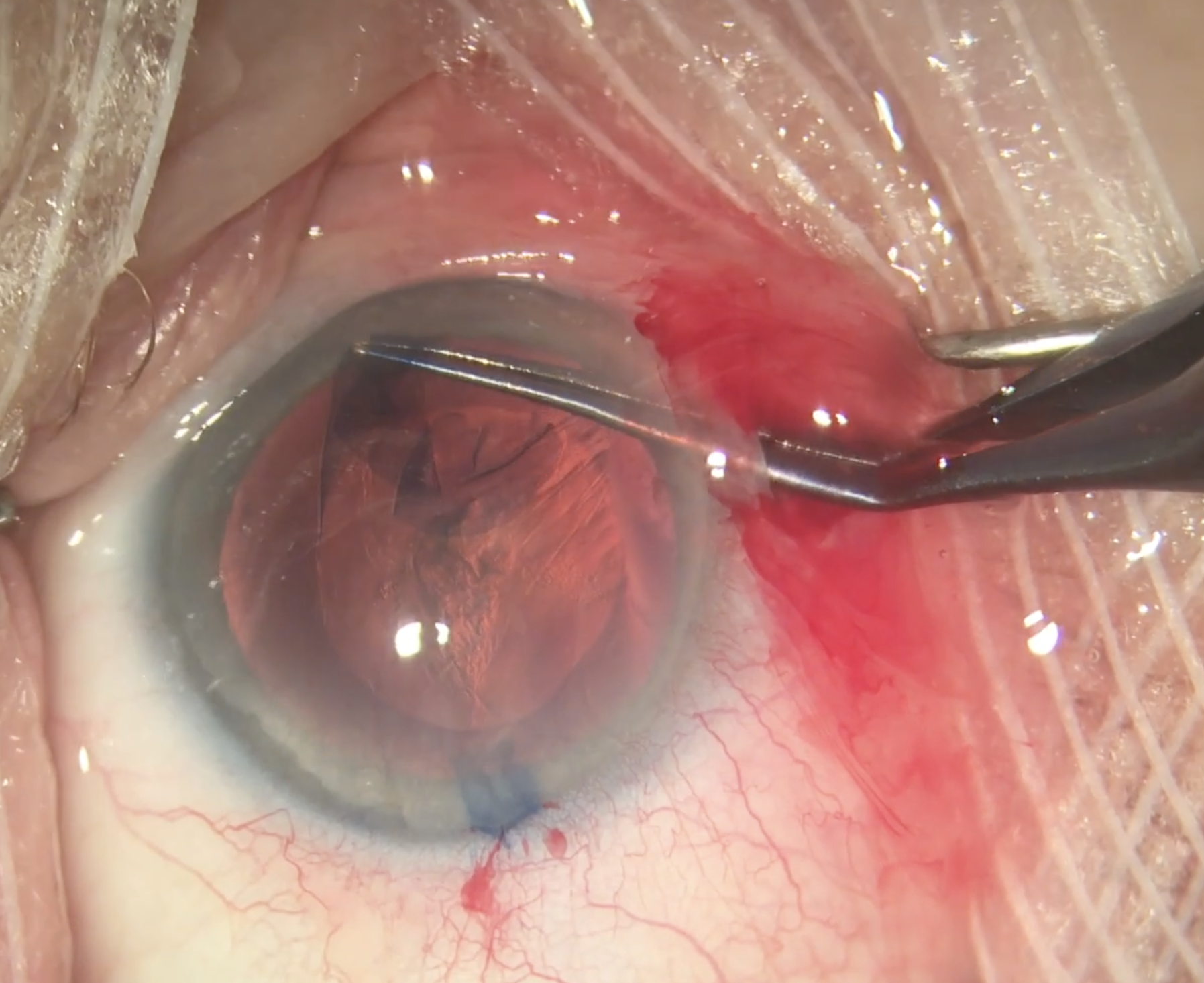 |
|
Private practice websites, with likely higher surgical volumes, had a significantly higher reading level compared with the other authorship categories. Simplifying reading material or using supplementary pictures or videos as additional aids highlight an area of improvement. Photo: Christina Tran, BS, and Leonid Skorin, Jr., DO, OD. Click image to enlarge. |
For better or worse, patients often go online to gain medical information or to make decisions about their condition. Therefore, it is necessary for patient-oriented websites to be readable to the layperson or have complementary patient education video content to promote better health literacy. Website accessibility accommodations are especially important to cataract surgery candidates, as these patients already have vision difficulties and may have other medical comorbidities due to older age that may limit their access online.
Researchers based at The Wilmer Eye Institute at Johns Hopkins University School of Medicine in Baltimore have determined that accessibility and readability measures need to be improved upon among informational patient-oriented health websites, especially for cataract surgery. The average reading level of the top 100 patient-oriented websites regarding cataract surgery was about the 12th grade level, which is far above the American Medical Association-recommended 6th grade level and the average 8th grade reading level in the US population.
The study, published in Ophthalmology, performed an incognito search for “cataract surgery” using a search engine. The top 100 patient-oriented cataract surgery websites that came up were included and categorized as institutional, private practice or medical organization according to authorship. Each site was assessed for readability using four standardized reading grade-level formulas. Accessibility was assessed through multilingual availability, accessibility menu availability, complementary educational video availability and conformance and adherence to guidelines for web content accessibility. The team sorted 32, 55 and 13 sites to institutions, private practice and other medical organizations, respectively. These categories were comprised of the following sources of information:
- institution: academic centers, medical societies and governmental websites
- private practice: for-profit medical entities providing care to patients
- other medical organizations: standalone health information service websites, health magazines, insurance companies and pharmaceutical or device firms)
The overall mean reading grade was 11.8, with higher reading levels observed in private practice websites compared to institutions and medical organizations combined (12.1 vs. 11.4). Fewer private practice websites had multiple language options compared to institutional and medical organization websites combined (5.5% vs. 20.0%). More private practice websites had accessibility menus than institutions and medical organizations combined (27.3% vs. 8.9%). Notably, 85% of websites violated what’s called the perceivable principle, which is the notion that “information and user interface components must be presented in a way that all users can recognize and understand,” according to experts in accessibility.
“These issues may negatively impact patient experiences by leading to medical misinformation, surgical hesitancy or refusal, increased frustration and poor satisfaction post-surgery,” the researchers wrote in their paper. “Cataract surgery can be made more equitable and understandable within the general population by providing usable online information to prospective recipients.”
The team has proposed that an area of future research to strengthen their findings may include surveying cataract surgery candidates to evaluate whether these websites provide information that adequately addresses their needs.
Lin MX, Li G Cui D, et al. Usability of patient-education oriented cataract surgery websites. Ophthalmology. October 16, 2023. [Epub ahead of print]. |

